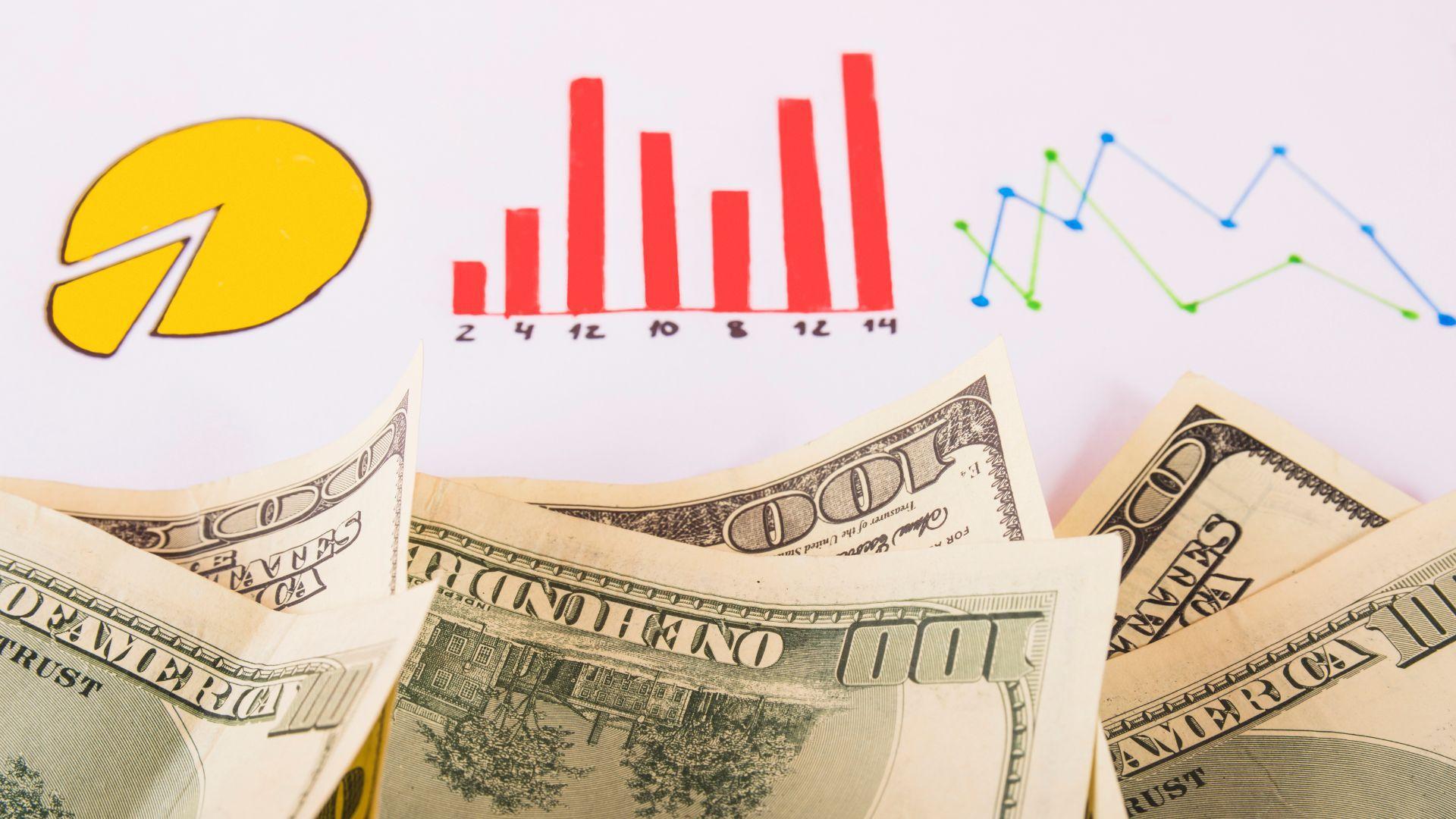A post on X, formerly known as Twitter, about McDonald’s fries costing $7 has become a centerpiece of economic discussion in the United States.
CNN’s Jon Sarlin explores this phenomenon, probing into why a seemingly trivial matter has sparked a broader conversation about economic perceptions. “Does this tweet about $7 french fries explain why young people think the economy is doing badly?” Sarlin asks, highlighting the disparity between economic statistics and public sentiment, particularly among the younger generation.
Contradictory Economic Indicators

Despite positive traditional economic metrics, public sentiment toward the U.S. economy is overwhelmingly negative.
Sarlin says in a video for CNN, “One odd thing about the U.S. economy right now is that when you look at traditional metrics, things are going pretty well.” This contrast is even more pronounced among young people, who feel the economy is not performing well, despite the encouraging data (via Fortune).
The Youth’s Economic Pessimism

Sarlin reveals that a recent poll showed a significant gap in economic perceptions among different age groups.
It showed that 89% of young Biden voters in swing states think the economy isn’t doing well, a stark contrast to only 37% of people 65 and older who share this view.
Inflation and Income Perception

The U.S. recently experienced a period of significant inflation, the highest in decades. Sarlin notes to CNN, “We did just go out of a period of inflation that we hadn’t seen in decades.”
Now, with inflation cooling and wages on the rise, people’s personal financial situations appear to be improving. This improvement, however, doesn’t seem to align with the general public’s pessimism about the economy.
The Economic Paradox: Strong Data vs. Public Sentiment

Despite positive economic indicators, American public sentiment remains overwhelmingly negative. Traditional measures show a robust economy, with inflation slowing, wages increasing, and unemployment at a near-half-century low.
However, The New York Times/Siena College poll reveals a stark contrast: eight in 10 voters in six swing states rate the economy as fair or poor, with only 2% considering it excellent.
A Nationwide Pessimism Across Demographics

Although Sarlin focuses on young people in his video, data shows that the pessimism about the economy isn’t limited to a specific demographic.
The New York Times/Siena College poll finds that majorities across all groups — including different genders, races, ages, education levels, geographic locations, income brackets, and political affiliations — share an unfavorable view of the economy.
Contradictory Behaviors: Spending Despite Pessimism

Adding to the confusion, The New York Times reports that Americans’ economic behaviors don’t align with their expressed sentiments. Despite their negative outlook, people are engaging in activities like spending, vacationing, and job-switching, typically associated with a positive view of the economy.
Economist Betsey Stevenson, reflecting on this behavior, tells The New York Times, “People have faced higher prices, and that is difficult, but that doesn’t explain why people have not cut back.”
Actions Contradict Words

The concept of revealed preference is key to understanding this disconnect. Stevenson points out, “They have spent as if they see nothing but good times in front of them. So why are their actions so out of whack with their words?”
The New York Times explains that this question demonstrates a deeper, perhaps psychological aspect of economic behavior, where actions and attitudes seem to diverge. Despite facing higher prices, Americans continue to spend robustly, a behavior that seems to contradict their vocal dissatisfaction with the economy.
The Influence of Social Media on Economic Perception

The role of social media in shaping economic perceptions is significant. Sarlin suggests that the viral nature of certain content, like the $7 fries post on X, can amplify negative perspectives.
He explains, “Social media amplifies negativity over positivity, so tweets that can go viral that focus on negative things paint a different picture than what the facts on the ground might look like.”
Young People’s Legitimate Economic Concerns

While social media can distort perceptions, young people’s concerns about the economy are based on real issues.
Sarlin acknowledges in the video, “Now, that is not to say that young people don’t have valid reasons to be upset about the economy.” He cites factors like inflation, student loan payments, and high housing prices as significant stressors impacting young adults’ financial well-being.
Generational Differences in Economic Opportunities

Kayla Scanlon, a financial content creator, also joins the conversation with Sarlin. She highlights the generational differences in economic opportunities.
She notes, “In the older generations, it was simpler to afford a house on a nine-to-five salary.” For the current generation, however, achieving similar economic milestones has become increasingly challenging.
How Social Media Affects Economic Views

The $7 fries incident illustrates the impact of social media on shaping economic perceptions.
It shows how quickly information can spread and how it can influence public opinion, often leading to misconceptions or exaggerated reactions to economic events.
